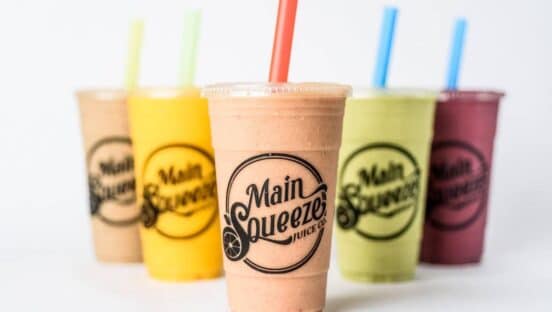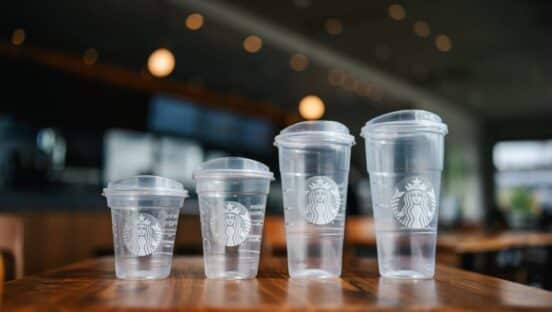McDonald’s is hardly done simplifying its food ingredients.
But the path to simple is complex.
The rest of the fast-food industry—most of whom are walking a parallel path—seems to be wondering: What’s next?
“We’re considering everything that our customers are asking us to do,” says Jessica Foust, director of culinary innovation at McDonald’s. “Right now, we’re focused on eliminating artificial flavors, colors, and preservatives.”
Earlier this month, McDonald’s announced that it had removed artificial preservatives from its Chicken McNuggets. (It had previously removed artificial colors and flavors.) It is also removing the artificial preservatives from breakfast sausage patties and egg products. It’s removing high-fructose corn syrup from buns. It’s switched to butter instead of liquid margarine for cooking. And it’s one year ahead on its commitment to only serve chicken not treated with antibiotics important to human medicine.
At issue for McDonald’s and the rest of the quick-service industry is convincing consumers that they’re totally in-tune with the growing consumer cry for food that’s healthier, more natural, and free of everything artificial. This isn’t just important to Millennials, but increasingly to their parents and even grandparents.
“There is no ‘Option B’ here,” says Kate Newlin, a brand adviser and founder of Kate Newlin Consultants. “The market for cheap, nasty, and soulless food has declined. McDonald’s has no choice.”
Expectations have changed across the food industry so it’s no surprise that consumers are also raising the bar for fast food.
“Perhaps it’s come down to the fact that we’re demanding of fast food what we demand from our grocery store choices: ingredients we understand,” says branding wizard Erika Napoletano.
McDonald’s says it’s simply responding to new demands from customers. McDonald’s customers—and what they want to eat—have changed, Foust says. As a result the company is listening more than ever, he adds.
McDonald’s is hardly the first. Some very familiar names in fast casual, from Panera to Chipotle to Shake Shack, are light-years ahead of McDonald’s in this better-for-you arena. But just how important is it for the rest of fast food to follow McDonald’s lead?
“When fast-food restaurants can show that they understand that money shouldn’t limit access to healthy food, they just might find that they’re breeding a whole new level of brand-loyal customer,” Napoletano says.
All the major players are fielding from the same focus groups, looking at the same trend data, and analyzing the same consumption data, says Newlin. The biggest brands rarely lead, she adds, but, instead, finally give in “when there’s no choice but to go with it.”
That’s where Newlin estimates the industry is right now with many of the biggest names in fast food finally preparing to go with it.
At McDonald’s, that impetus to improve the food is coming directly from CEO Steve Easterbrook.
“Customers want great food, and [Steve] wants everyone to stay rooted in what the customer wants,” Foust says. That, for example, is why McDonald’s just made the switch from liquid margarine to real butter for cooking. “The most simple can be the most remarkable. … Butter tastes better.”
But Foust declined to specify what changes are next for McDonald’s, nor would she offer a detailed list or ultimate goal of the brand’s ingredient improvements. She also rejected the notion that McDonald’s is in the process of going though a menu “clean up.”
“I wouldn’t phrase it that way,” she says. “We are on a journey. We just want to make sure that our customers feel good about all the food on our menu.” And the best way to achieve that is to be more transparent so the customer knows exactly what we’re doing, she adds.
The question remains, is the fast food giant's newest ad slogan "The Simpler the Better," transparency or just ultra-savvy marketing?
That’s yet to be decided.
"I think it's tremendous repositioning," Newlin says. "If this program is genuine, it's a great step forward in not being a willing co-conspirator in obesity culture.”










